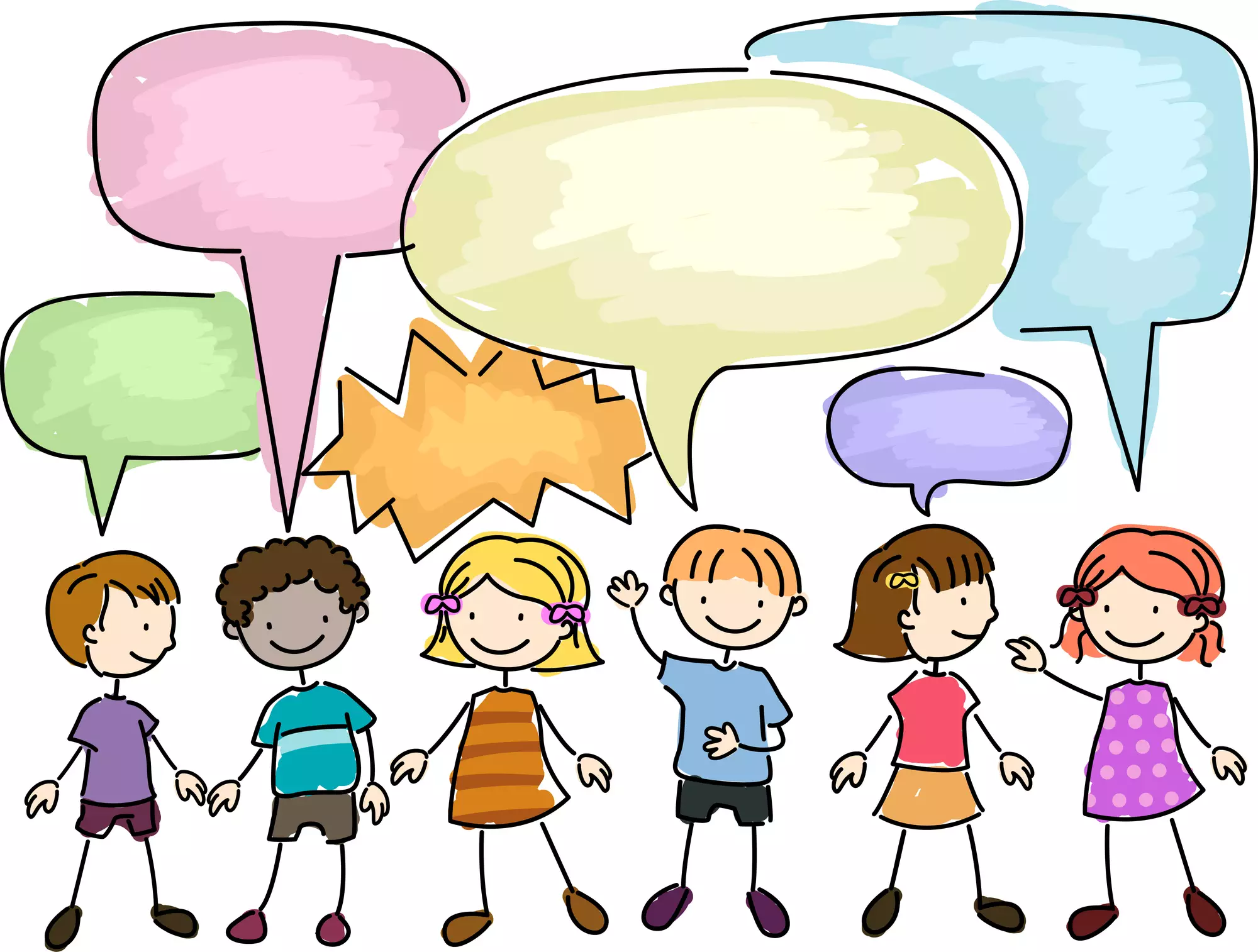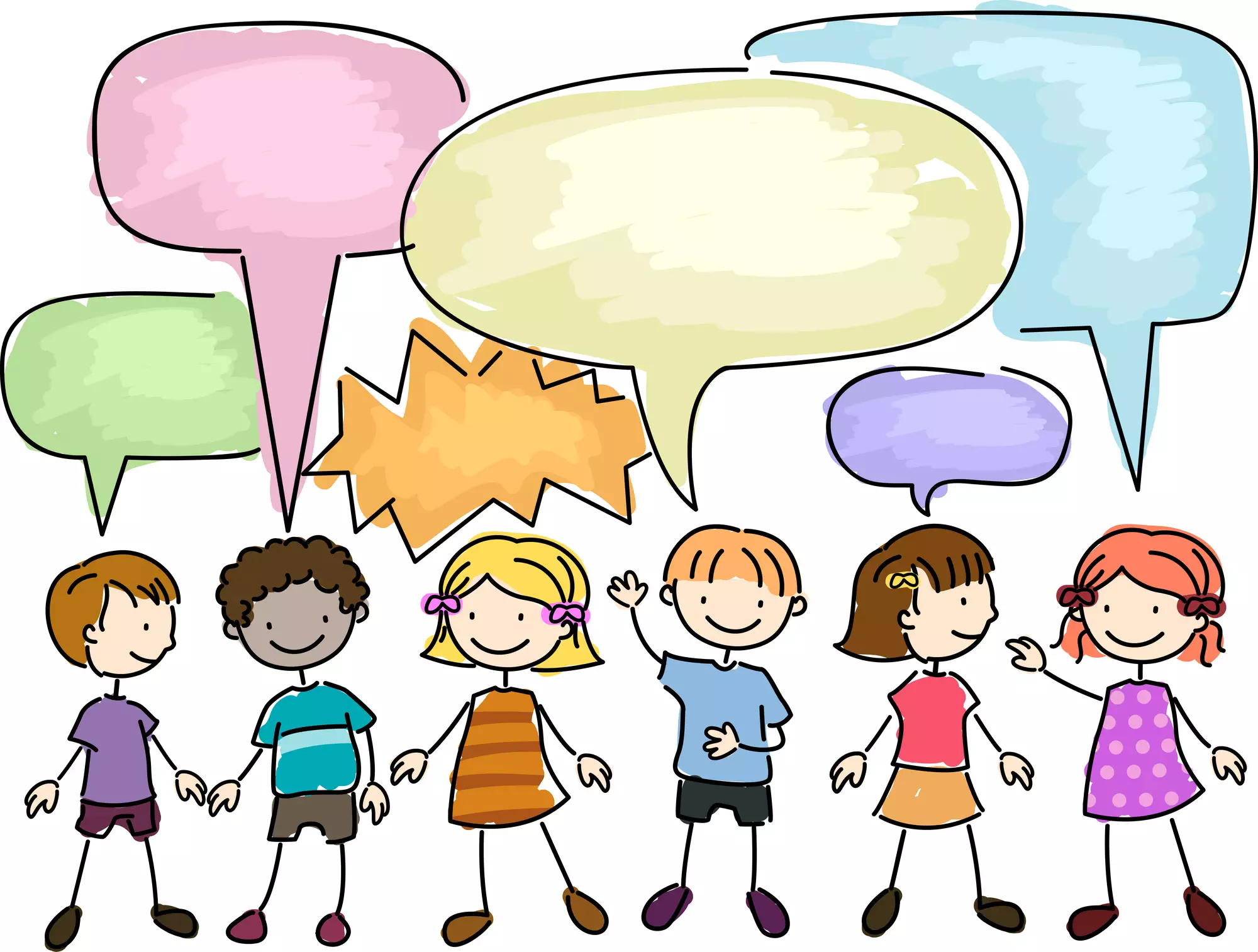Reading Aloud to Your Students
Reading aloud to children is important because reading aloud develops so many skills in children. Children not only develop their growing vocabulary and language skills but also their listening skills, their memory skills, and their ability to hold a conversation. Reading aloud also offers a good opportunity for teachers to share some of their favorite stories and to teach kids about the joys of reading books. Teachers can use reading aloud as an opportunity to introduce new vocabulary words to children and make personal connections with the books.
Reading to children also shows them how a book is read. A storybook is read by opening it from left to right. The words are read from left to right and top to bottom. The pictures often match the words. By reading to children, they will see these subtleties that we may not realize are taught. Teachers and children can have great discussions after read alouds. Teachers can prompt kids about what they like about the book or what they think about the characters or plot. It is great for children to make connections to the book and think about what the book reminds them of in their own life.
Reading aloud regularly with your child teaches children that reading is fun! Spending time reading aloud to children demonstrates a positive relationship with books and reading. By modeling reading behaviors, children are more likely to form a habit of reading themselves. There is so much joy and information to be had by reading a book. Reading all sorts of genres will open doors for your students to find what they love to read!
Reading to children is tremendously beneficial for their development. Their brains are forming so many connections as they grow up. Children are like sponges! By reading to them, they will hear so many words and sentence structures and absorb them. You will notice them using new vocabulary words and proper sentence structures. Reading aloud to your students is a great way to develop language skills.
Reading aloud to children is important because it has the potential to develop so many skills in children. After reading aloud, ask them questions about the book and share your own experiences with them. Reading aloud to children is the key to teaching them life-long skills.











Recent Comments